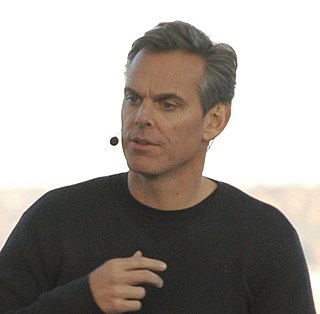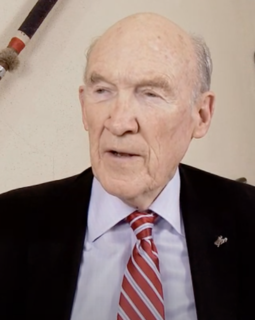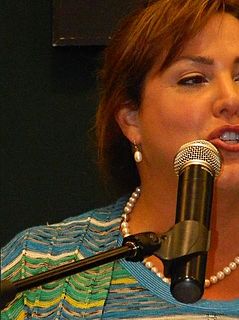A Quote by Rush Limbaugh
I didn't go to college. I got tired of it. I didn't want to take ballroom dance taught by a former drill sergeant in the WACs. I didn't like flunking speech, me, flunking speech. But I realized sometime later, okay, I don't have a piece of paper that says I've been educated, so I'm gonna have to be able to demonstrate that I'm educated. So I began self-teaching. It was all related to desire.
Related Quotes
To have a platform like So You Think You Can Dance, where you're reaching this audience that's been created over the 10 years that they've been on the air. People who didn't know anything about dance and aren't going to go to the theater are learning about it, even if it's ballroom and jazz, by just turning their television ono. They're building this audience that's advanced and educated enough to introduce them to ballet.
See, Sway, that’s what you get for flunking your pilot’s test six times…which I’m pretty sure is a record of some sort. If not for the actual flunking, definitely for the persistence in pursuing that which you obviously have no talent for. Personally, I wouldn’t let you fly a remote-control kid’s plane. (Vik) Shut up before I find a can opener. (Sway)
It seems to me it's perfectly possible to vehemently disagree with a piece of work and to say that it's offensive and insulting and so on and so on. And you're absolutely entitled to do that and to speak back, if you like, against that piece of speech with all the vehemence at your disposal. I mean, that's legitimate. Even other things. People have a right to demonstrate.
The terrorists who have succeeded in carrying out spectacular attacks against Western targets in the past have been college-educated, technically proficient men who are capable of manufacturing and deploying chemical, radiological, and biological weapons. Al Qaeda attracts the kind of highly educated men who one day might be able to pull off such an attack.
Active liberty is particularly at risk when law restricts speech directly related to the shaping of public opinion, for example, speech that takes place in areas related to politics and policy-making by elected officials. That special risk justifies especially strong pro-speech judicial presumptions. It also justifies careful review whenever the speech in question seeks to shape public opinion, particularly if that opinion in turn will affect the political process and the kind of society in which we live.



































